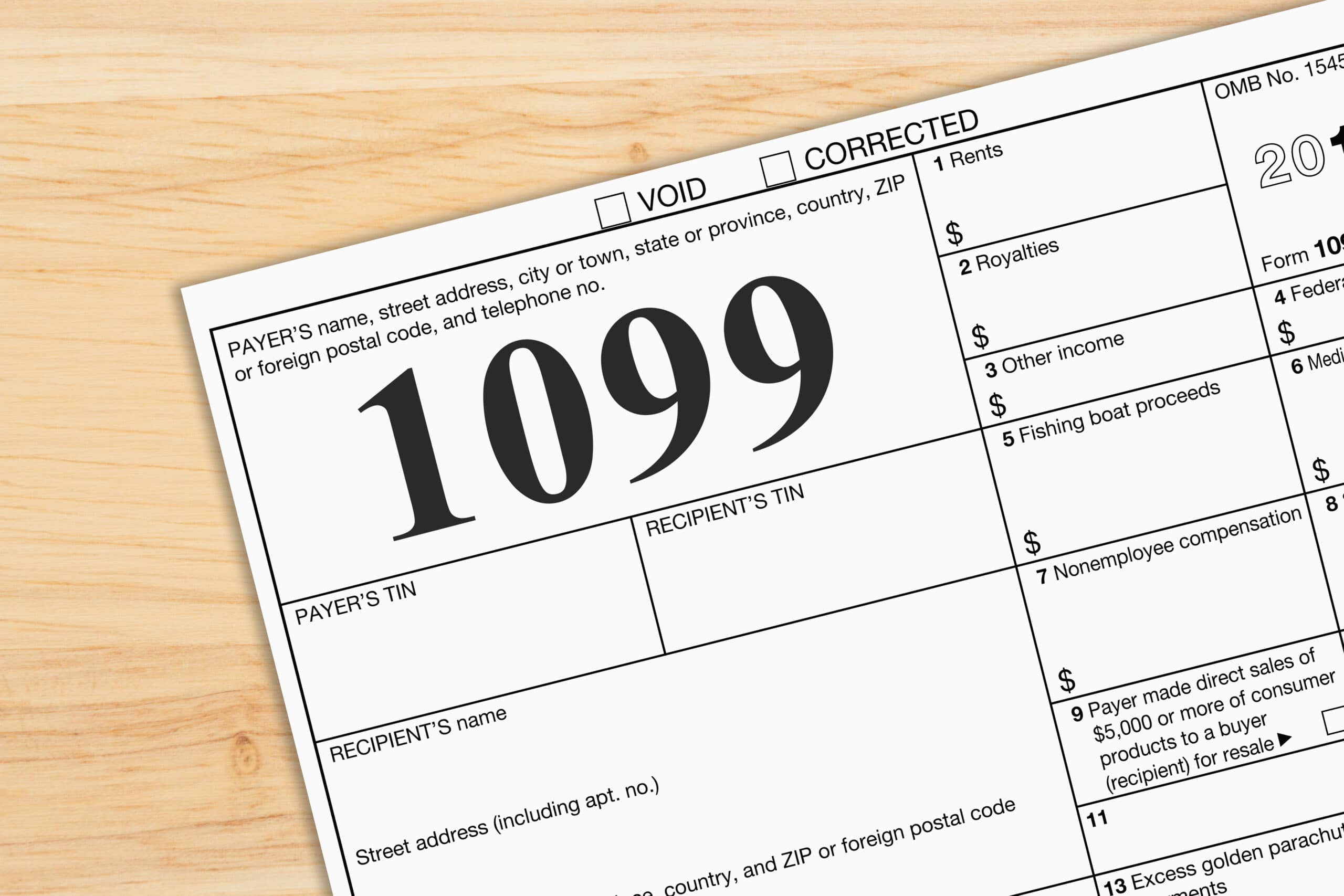Let’s chat about setting business goals. If you just completed your business plan, congratulations! Celebrate because you created a fantastic foundation for goal setting!
If you missed the business plan challenge, it’s not too late! Read THIS BLOG POST and join my Facebook Group, Let’s Talk Legal to watch the weekly videos and download the templates.
Now is the time to set your business goals for the coming year. Running a successful business requires deliberate planning. Rely on your business plan to ensure that you remain true to your mission and values. With your business plan in hand, you can determine if the goals you are considering are on brand and aligned with your business.
Why is Setting Goals Important?
Simply put, creating goals is the first step to success. And writing down your goals and action steps is a powerful tool to get there.
A Harvard Business study purportedly revealed that only 3% of the population have written goals. According to the study, those with written goals are THREE times more successful than those with unwritten goals and THIRTY times more successful than those without any goals.
The simple truth is that you can’t get where you want to go without a map or GPS. Well-defined goals, broken down into action steps, provide the navigation needed to reach your objectives. It keeps you moving in the right direction and helps you maintain accountability.
Start With A Review
A valuable exercise before you start choosing goals is to review the past year. What went well? Is that success repeatable? What did not go so well? What did you learn from it? If you had the opportunity for a do-over, what would you do differently?
Use that information, together with your Business Plan, to inform your choices.
Choose Your Goals
Review Your SWOT Analysis. Remember that SWOT analysis you did as part of your business plan? Well, dig that out and review it. Your analysis pinpoints what areas of your business need improvement. In those areas, start thinking about goals you can achieve in the next few months or years. Those weaknesses you identified – are there any actionable goals there? What about the opportunities – is there something you should be taking advantage of in the short term?
Review Your Financials. Is there a trend in your revenue? Can you make projections for next year? What would need to happen to increase revenue? Or lower expenses? Is there some goal material there?
Vet Your Goals. Once you have identified several potential goals, review your Executive Summary. Is the goal aligned with the mission and values of your company? Will the goal take you closer to the reason your business exists and the people you are meant to serve? Does the goal excite you? If yes, then it’s solid goal material! If no, take it off the list. A goal that is misaligned with your values or doesn’t further your mission probably isn’t worth the time or effort. A goal that is not motivating is likely doomed to failure. Don’t limit yourself to only big goals. Think about the tiny goals you want to achieve too—they are equally as important!
Prioritize Your Goals
How long will each goal take to accomplish? Which will have the biggest impact with the least effort? High impact low-hanging fruit that will give you a quick win is a great first priority. Then move down the list deciding which goals earn an earlier spot in the pecking order and which can wait until later in the year.
Time to Refine.
Search Google for “business goal setting” and you get 716 million results. I know this is true because I did it! I only share this little factoid to emphasize that there is no right or wrong way to set a goal. One of the most common ways to refine your goals is the “SMART” Method. SMART is an acronym for Specific, Measurable, Attainable, Relevant, Time bound. Run each of the goals you chose through this metric to clearly define the objectives.
Specific:
Is your goal specific? A goal to “increase revenue” is too general. A goal to earn “$100,000 in revenue” is more specific, but not enough. How will you achieve that? If your goal is to “earn $100,000 in revenue by selling 100 coaching packages valued at $1000 each,” great! Now we are getting somewhere! Add how you plan to find those 100 new customers, and you have a really specific goal. Another tip for goals: state goals in the present tense without limits. Instead of phrasing the goal as “I want to increase revenue to $100,000” state it as if you have already done it and remove any limits: “My revenue is $100,000 or more.”
Measurable:
Can your goal be measured? What does success look like? Tracking revenue and new customers is fairly straight-forward. But some goals are not as easily measured. What if your goal is to increase customer satisfaction? What metrics will you use to measure how consumers feel about your service? Can you do an exit survey to measure this?
Attainable:
Based on what you know about your business, your industry, and your competitors, is this goal achievable? If you want a seven-figure revenue but you are selling a $10 course do you have the network to get 100,000 people signed up for that course? If you had $50,000 in revenue last year doing 1-1 coaching and your business model hasn’t changed, is it reasonable to expect you can 10x that revenue this year? Do you have the time and resources to work with ten times the number of clients? Or would that take more hours than exist in a calendar year? Your goals should cause you to stretch without being completely unrealistic.
Relevant:
Is this a goal that makes sense for you to pursue? Is the goal relevant to your business? Does it align with your larger purpose and values? Is this where you should be spending your time? Or is it merely a distraction?
Time bound:
Does the goal have a deadline? Set a time frame to complete each goal. End of 1st quarter? Or end of the year? It’s often easier to deal with goals in shorter time frames. Size the goal to fit the time frame.
Make Your Goals Visible
Never underestimate the power of making your goals VISIBLE. Put them in writing and keep it somewhere you will see it every day. Or better still, make it tangible. Create a vision board with symbols for your goals. A revenue goal might be visualized by images of the lifestyle or things reaching that revenue will allow you to enjoy. Engage in visualization exercises. What will your life look like once you reach this goal? How will you feel? What will you do differently?
Whatever you do, don’t just write you goals down and file them away. That’s a recipe for forgetting. Keep your goals front of mind by making them visible.
Break it Down
I recommend tackling goals in ninety-day sprints if possible. Take the two or three goals you identified for the first quarter and break each one down into specific action steps.
Sometimes it is easiest to work backward. What is the final step to achieving your goal? What has to happen before that in order to reach that final step? And before that? How long will each of these steps take?
Make sure to capture all the deliverables and deadlines that must be met to reach your goal in a timely manner. Put your deadlines on the calendar. And block time in your calendar to complete the deliverables!
Check In
Life Changes. Sometimes quickly and significantly. The goals you set today may no longer be relevant next month. Or new goals may emerge that are more urgent. It is important to review your goals regularly. I suggest weekly check-ins for the day-to-day tasks you are doing to reach each goal and monthly reviews to determine if you are hitting your deadlines and deliverables.
Is the goal still relevant? Are you on track to complete the goal in a timely manner? If not, what course corrections can you make to get back on track? What needs to happen next to keep moving the needle forward on this goal? The simple habit of regular review is instrumental in achieving your goals. Stay flexible and adaptable. Tweak, change, or delete goals when appropriate and keep moving forward!
Celebrate Your Wins
During your weekly review, celebrate every single win — even the tiny ones. Celebrating your progress helps build your motivation for achieving your goal. Carry that positive mojo into the tasks you set for next week. Each small will build upon itself as you start hitting your bigger milestones.
When milestone accomplishments are met, splurge a little. Treat yourself to something special commensurate to the milestone. Celebrations and special treats will keep your motivation high as you reach for the stars!




